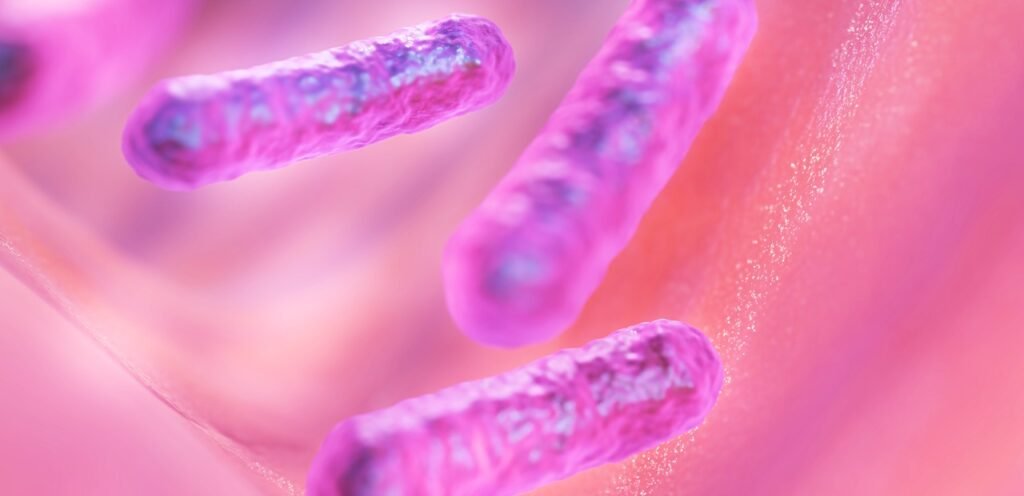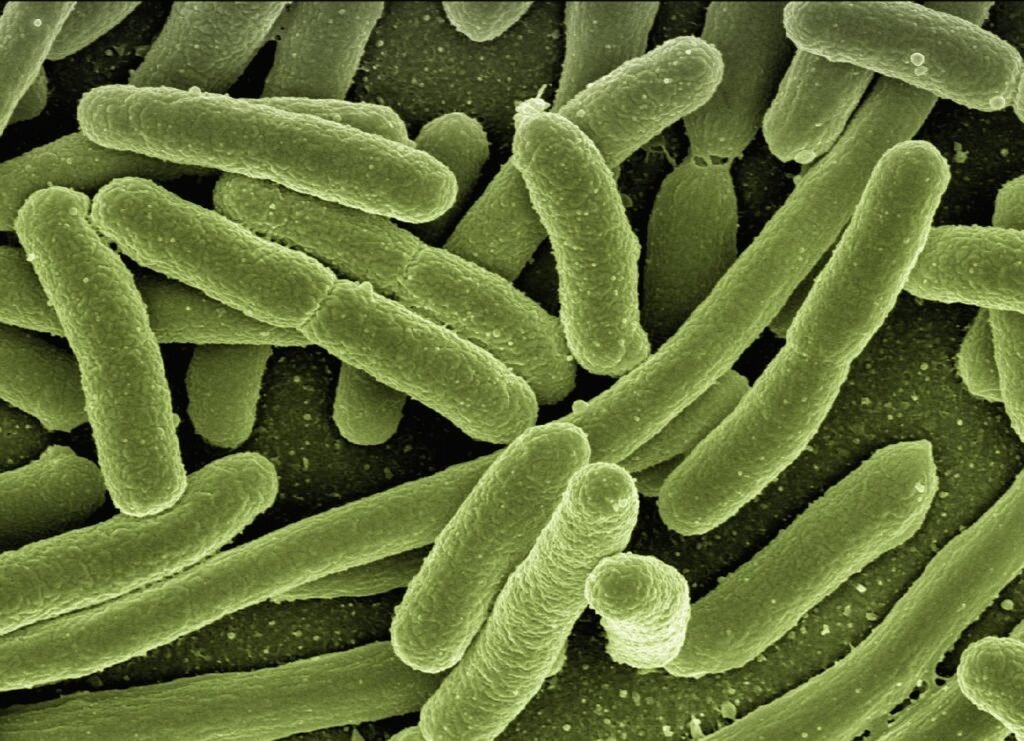The human body is home to trillions of microorganisms—tiny, often invisible entities that influence many aspects of our health. These microbes live on our skin, in our mouths, noses, and most abundantly in our guts. When most people hear the word “microbiome,” they usually think of gut bacteria, and for good reason. Our intestines are teeming with microorganisms that aid in digestion and are vital for overall health. However, the microbiome is much more than just the bacteria in our digestive system. It includes a wide array of fungi, viruses, and other microorganisms that play critical roles in maintaining health across multiple systems of the body.
This article delves into the microbiome’s diverse functions, beyond just the gut, and how it impacts our immune system, mental health, skin, and even our susceptibility to diseases.
What is the Microbiome?
Before we dive into the various ways the microbiome affects our health, let’s define it more precisely. The term “microbiome” refers to the collection of all microorganisms (bacteria, fungi, viruses, and other microbes) and their genetic material living in or on our bodies. The microbiome is unique to every individual, much like a fingerprint. The composition of these microbial communities can vary depending on factors like age, diet, environment, and lifestyle.
When scientists first discovered the microbiome, they primarily focused on the gut, as it is the most densely populated area in the body. However, ongoing research has shown that microbes exist throughout the body, including the skin, mouth, and respiratory tract, each playing a role in maintaining our health.
The Gut Microbiome: Digestive Powerhouse and Beyond

While the microbiome is found in many areas of the body, the gut is home to the largest concentration of microbes. In fact, the human gut microbiome is sometimes called the “second brain” due to its profound impact on digestive health, metabolism, and even our mental well-being.
Digestion and Nutrient Absorption
One of the primary roles of the gut microbiome is aiding in digestion. Many types of carbohydrates and fiber cannot be digested by human enzymes but are broken down by gut bacteria into short-chain fatty acids, which provide energy to cells lining the intestines. This process also helps the body absorb essential nutrients, such as vitamins and minerals.
For instance, Bacteroides and Firmicutes—two dominant bacterial groups in the gut—play key roles in breaking down complex carbohydrates. When the balance of these bacteria is disrupted, it can lead to digestive issues like bloating, constipation, or even conditions like irritable bowel syndrome (IBS).
Immune System Support
The gut microbiome also plays an important role in regulating the immune system. In fact, around 70% of the immune system resides in the gut, where the microbiome helps educate the immune cells on how to respond to pathogens and prevent inflammation. A healthy microbiome can prevent harmful pathogens from establishing themselves in the gut, thus preventing infections and diseases.
Research has shown that an imbalanced microbiome—often called dysbiosis—can contribute to autoimmune diseases, such as Crohn’s disease, rheumatoid arthritis, and even allergies. Studies suggest that maintaining a balanced gut microbiome can reduce the risk of developing these chronic conditions.
Microbiomes Beyond the Gut

While the gut microbiome gets the most attention, microbes are present throughout the body, influencing various aspects of our health in surprising ways. From the skin to the brain, the microbiome plays a crucial role in keeping us healthy.
Oral Microbiome: More Than Just Bad Breath
The mouth is home to millions of microbes, including bacteria, viruses, and fungi. The oral microbiome is critical not only for oral health but for overall well-being. An imbalance in this microbiome can lead to dental problems such as tooth decay, gum disease, and bad breath, but it can also affect other parts of the body.
For example, oral bacteria like Porphyromonas gingivalis have been linked to heart disease, as they can enter the bloodstream and contribute to the formation of arterial plaque. Researchers are also exploring connections between oral bacteria and conditions like diabetes and Alzheimer’s disease.
Maintaining oral hygiene, such as regular brushing, flossing, and using mouthwash, is crucial in maintaining the balance of the oral microbiome and preventing these systemic issues.
Skin Microbiome: Your Body’s First Line of Defense
The skin, our largest organ, serves as a barrier to protect the body from harmful pathogens, environmental stressors, and toxins. The skin microbiome, made up of bacteria, fungi, and other microorganisms, helps to reinforce this protective barrier by preventing the overgrowth of harmful microbes and maintaining skin health.
When the skin microbiome is out of balance, it can lead to conditions such as eczema, acne, and even more severe skin infections like psoriasis. Interestingly, some studies suggest that skin microbiome imbalances may also contribute to conditions like rosacea and certain allergic reactions.
A healthy skin microbiome also plays a role in wound healing. Research has shown that the bacteria Staphylococcus epidermidis, which is abundant on the skin, can promote the healing of wounds and prevent infections.
Respiratory Microbiome: Guarding the Lungs
Our respiratory system, including the nose, throat, and lungs, is also home to microorganisms. These microbes help to defend the respiratory system from harmful pathogens and allergens. The nasal microbiome, in particular, acts as a first line of defense against respiratory infections, such as the common cold and flu.
When the balance of the respiratory microbiome is disrupted, it can lead to chronic conditions such as asthma, bronchitis, and even pneumonia. Some researchers believe that changes in the respiratory microbiome may be linked to the development of chronic obstructive pulmonary disease (COPD) and lung cancer.
Vaginal Microbiome: Protecting Reproductive Health
The vaginal microbiome is another crucial aspect of human health, particularly for women. The dominant bacteria in a healthy vaginal microbiome are Lactobacillus species, which help maintain an acidic environment that prevents the overgrowth of harmful microbes like Candida (the cause of yeast infections) and Gardnerella vaginalis (linked to bacterial vaginosis).
An imbalance in the vaginal microbiome can lead to infections, inflammation, and discomfort. Factors such as antibiotic use, hormonal changes, and poor hygiene practices can disrupt the delicate balance of the vaginal microbiome, leading to conditions like yeast infections, bacterial vaginosis, or urinary tract infections (UTIs).
Brain and Gut Connection: The Microbiome’s Influence on Mental Health
One of the most fascinating discoveries in microbiome research is the connection between the gut microbiome and brain health, often referred to as the “gut-brain axis.” This bidirectional communication pathway links the gut and the brain through complex signaling mechanisms involving the immune system, the vagus nerve, and various neurochemicals.
Studies have shown that a healthy gut microbiome can support cognitive function, mood regulation, and even mental health conditions like depression, anxiety, and stress. An imbalance in the gut microbiome—dysbiosis—has been linked to neurological conditions such as autism, Parkinson’s disease, and Alzheimer’s.
For instance, certain strains of probiotics, which promote a healthy gut microbiome, have been shown to alleviate symptoms of depression and anxiety in some individuals. Researchers are continuing to explore how gut health may affect the brain and whether probiotics or other interventions can help treat mental health disorders.
How to Maintain a Healthy Microbiome

Given the critical role that microbiomes play in maintaining overall health, it’s important to take steps to keep them balanced and thriving. Here are some practical ways to support a healthy microbiome:
1. Eat a Diverse Diet
A diverse diet rich in fiber, fruits, vegetables, whole grains, and fermented foods can help nourish beneficial microbes. Fiber acts as food for good bacteria, while fermented foods like yogurt, kimchi, and sauerkraut contain live bacteria that can help balance the microbiome.
2. Avoid Overuse of Antibiotics
Antibiotics are powerful tools for fighting infections, but they can also disrupt the balance of your microbiome by killing both harmful and beneficial bacteria. Use antibiotics only when prescribed by a doctor and avoid using them for viral infections like the common cold or flu.
3. Manage Stress
Chronic stress can negatively impact your microbiome, particularly the gut. Practicing stress-reducing techniques such as meditation, exercise, and proper sleep can help maintain a healthy balance of microbes in the body.
4. Stay Active and Get Enough Sleep
Regular physical activity and adequate sleep are essential for maintaining a healthy microbiome. Exercise can promote diversity in the gut microbiome, while sleep helps regulate the immune system and promotes overall well-being.
5. Limit Processed Foods and Sugar
Processed foods high in sugar and unhealthy fats can negatively impact the microbiome by promoting the growth of harmful bacteria and reducing microbial diversity. Focus on whole, unprocessed foods to support a healthy microbiome.
Conclusion
The microbiome is a complex and dynamic ecosystem that plays an integral role in maintaining human health. While gut bacteria are often the focus of microbiome research, microbes in other parts of the body—such as the skin, mouth, and brain—also contribute significantly to our overall well-being. From aiding in digestion to supporting immune function and even influencing mental health, the microbiome is much more than just gut bacteria. By maintaining a healthy and balanced microbiome through a good diet, stress management, and healthy lifestyle choices, we can ensure our bodies remain in optimal health for years to come.
As science continues to uncover more about the microbiome, we will likely discover even more surprising ways that these tiny organisms are essential for our health and vitality.